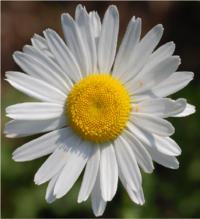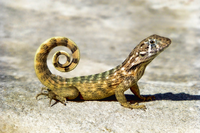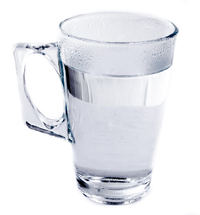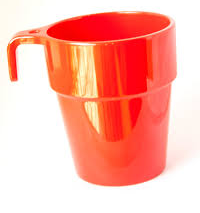Difference between revisions of "Identify"
| (One intermediate revision by the same user not shown) | |||
| Line 21: | Line 21: | ||
|[[File:CupPlastic.png|center|200px]] | |[[File:CupPlastic.png|center|200px]] | ||
|- | |- | ||
| − | |I '''identified''' that this cup is made of glass because it is [[transparent]] and | + | |I '''identified''' that this cup is made of glass because it is [[transparent]], hard and stiff. |
| − | |You can '''identify''' that this cup is made of plastic because it is bendy. | + | |You can '''identify''' that this cup is made of plastic because it is hard, bendy and waterproof. |
|} | |} | ||
| − | |||
| − | |||
| − | |||
| − | |||
| − | |||
| − | |||
| − | |||
| − | |||
| − | |||
| − | |||
| − | |||
Latest revision as of 15:29, 3 August 2018
Key Stage 1
Meaning
To identify is to find out what something is or what it's made from.
- Verb: Identify
About Identifying
You can identify something by how it smells, feels, looks and sounds. If it smells stinky, feels furry, it looks like it has a tail that wags and it makes a woof sound, then it is a dog.
Examples
| You can identify a flower by its petals. | I identified the reptile by its dry scales. |
| I identified that this cup is made of glass because it is transparent, hard and stiff. | You can identify that this cup is made of plastic because it is hard, bendy and waterproof. |



